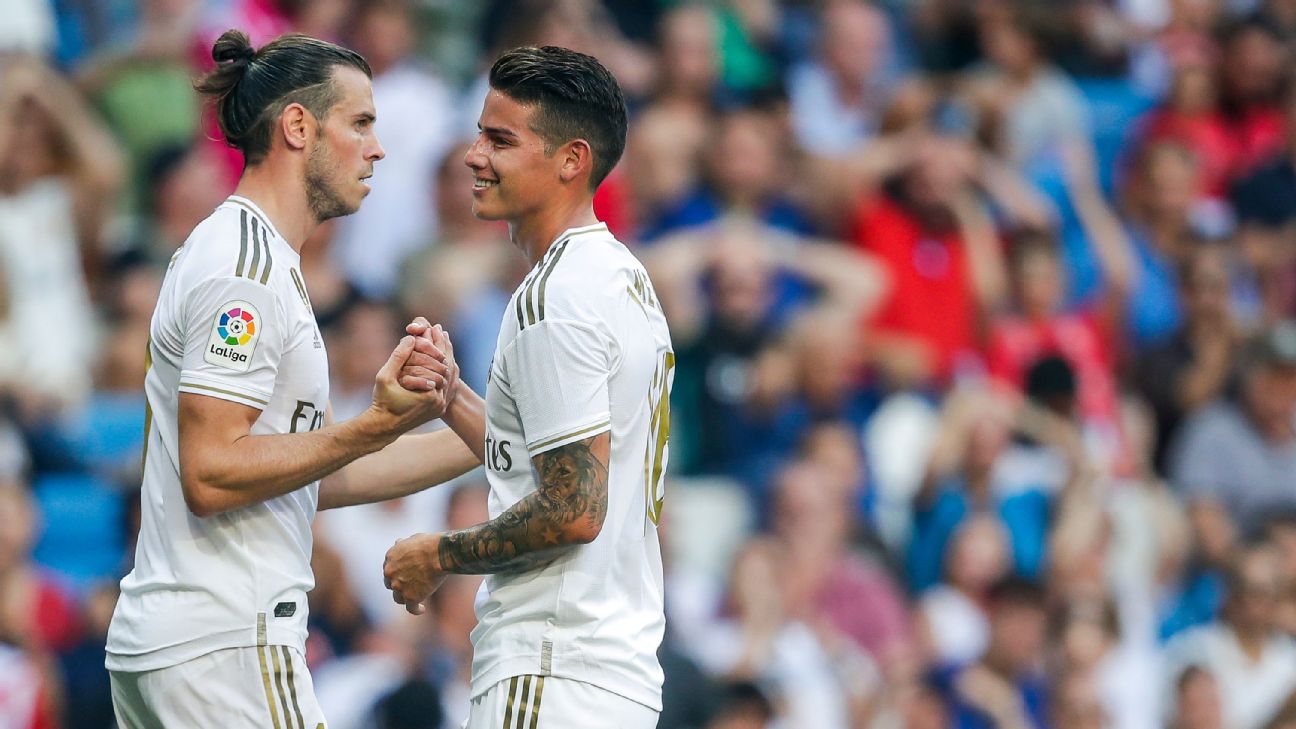The transfer window for Europe’s major leagues is closed again for the rest of the year, but how did your team do? Did they leave any gaps?
Our correspondents assess how the top clubs failed to address their weaknesses this summer.
Jump to: Real Madrid | Atletico Madrid | Juventus | Inter | PSG | Bayern | Dortmund
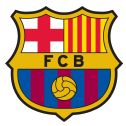
BARCELONA: Too few attackers, too many midfielders
Barcelona did a lot of good business this summer. Much of it was done early, too. Frenkie de Jong helps rejuvenate an aging midfield and Antoine Griezmann brings quality in attack. The arrival of goalkeeper Neto cancels out the departure of Jasper Cillessen and Junior Firpo provides competition at left-back for Jordi Alba.
They managed to shift a number of players, too, with Malcom bringing in a good sum of cash and Philippe Coutinho‘s loan to Bayern Munich shifting a big earner from the wage bill. However, those two left with the idea another attacker would join — namely Neymar. That didn’t happen and they’re left with just four (admittedly very good) forwards for three positions: Griezmann, Lionel Messi, Luis Suarez and Ousmane Dembele. The problem is, Messi and Suarez are both now 32 and Dembele is injury prone. Youngsters Carles Perez and Ansu Fati could have a bigger role to play than they expected.
The opposite is true in midfield, where seven players will compete for three places. It may be a long season for one of Ivan Rakitic, Carles Alena or Arturo Vidal.
At the back, they stick with what they’ve got having missed out on Matthijs de Ligt to Juventus. An injury to Gerard Pique — who’s also the wrong side of 30 now — would leave them at the mercy of Samuel Umtiti‘s knee. Umtiti is the only real backup to Pique and Clement Lenglet, with young Jean Clair Todibo still untested. — Sam Marsden.
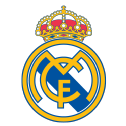
REAL MADRID: A weaker midfield and no leader in attack
Real Madrid coach Zinedine Zidane did not add Paul Pogba from Manchester United as he wanted, nor were the club successful in acquiring Sporting Lisbon’s Bruno Fernandes or Tottenham’s Christian Eriksen.
Madrid, in fact, weakened a midfield line they meant to strengthen. Los Blancos sold Marco Llorente, Casemiro’s natural replacement, to Atletico while Dani Ceballos, the alternative to Toni Kroos and Luka Modric, was loaned to Arsenal. Much is expected from Federico Valverde but he has clocked just eight minutes in Madrid’s opening three league games. After being widely expected to leave, Gareth Bale and James Rodriguez stayed with Madrid not receiving suitable offers.
Madrid spent over €300m in the transfer market but only one of their six-summer signings, Eden Hazard, is expected to start. Newcomers Ferland Mendy, Luka Jovic and Eder Militao are set to be back-ups to Marcelo, Karim Benzema and Raphael Varane, respectively, while Rodrygo will play for Madrid’s reserves until he gains some experience.
The loss of Marco Asensio to an ACL injury, a lack of spark from Vinicius Jr. and the absence of an injured Hazard in the opening three games, has highlighted another weakness in Madrid’s team: there is no leader in attack. Hazard will provide quality but is far from reaching the goal-scoring numbers that Cristiano Ronaldo once did. Neymar could have filled that void. — Adriana Garcia.
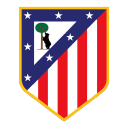
ATLETICO MADRID: Nothing. But another striker would have been nice
Atletico got pretty much everything they needed in the summer window, including beating off the whole of Europe to sign wonderkid Joao Felix from Benfica for a club record €126m — arguably the biggest scoop in La Liga, and that includes Eden Hazard’s €100m transfer to Real Madrid!
Atletico had plenty of work to do after losing defensive trio Diego Godin, Juanfran and Filipe Luis as free agents, while Lucas Hernandez, Rodri and Antoine Griezmann departed as Bayern Munich, Manchester City and Barcelona, respectively, activated their release clauses.
But the Rojiblancos delivered by signing eight players for €245m — spending less than what they pocketed from sales. Atletico bought defenders Mario Hermoso, Kieran Trippier, Renan Lodi and Felipe, then added Hector Herrera and Marcos Llorente in midfield. They strengthened the attack with Ivan Saponjic and secured Alvaro Morata‘s permanent transfer from Chelsea in July 2020.
The only negative was that Atletico were unable to offload Argentine forward Angel Correa despite weeks of negotiations with AC Milan, and that scuppered a move for Rodrigo. Atletico and Valencia had reached a verbal agreement on a €60m deal but Correa had to leave first. Atletico also were interested in adding James Rodriguez from Real Madrid but again needed Correa to depart. James or Rodrigo would have been the cherry on top on what was a great window. — Adriana Garcia.

JUVENTUS: An aging front line and failure to sell well
The €75m signing of Matthijs de Ligt feels like an awful long time ago now but don’t lose sight of it. The Ajax centre-back had his pick of Europe’s elite and chose Juventus, while the acquisition of fellow centre-back Merih Demiral from Sassuolo for €18m should also go down as one of the bargains of the summer
Sporting director Fabio Paratici continued Juventus’ tradition of working the free transfer market with aplomb; Adrien Rabiot and Aaron Ramsey, in theory, skill-up a midfield that lacked angles and imagination last season. The team looks stronger and the squad deeper than ever. But therein lies a problem.
Selling proved very difficult for Juventus this summer. Gonzalo Higuain dug his heels in, as did Paulo Dybala and Mario Mandzukic. Moving on Sami Khedira and Daniele Rugani also hit obstacles. A fortnight ago, Juve vice-president Pavel Nedved insisted the club were under no pressure to sell but their actions up until deadline day suggested otherwise.
Juve’s attack in particular looks old after the sale of Moise Kean to Everton and hard choices await the Old Lady when it comes to deciding who’s in and who’s out of the 23-man Champions League squad. New manager Maurizio Sarri has never been big on rotation and the risk of disgruntlement among a number of high profile players is high. — James Horncastle.

INTER MILAN: Depth still not enough to challenge Juve
Inter Milan may have had strengthened in almost every area — including the manager — this summer, but that does not mean they are necessarily ready to challenge Juventus for the Serie A title.
Last season they were short in attack, after the exclusion of Mauro Icardi, leaving only Lautaro Martinez to play up front and the 22-year-old only managed six goals Serie A goals in 27 appearances. While Inter have brought in Romelu Lukaku from Manchester United for a club-record fee of €80 million, the Belgium international arrives simply as a replacement for Icardi, who left for Paris Saint-Germain on loan.
Lukaku’s ex-United teammate Alexis Sanchez has also joined on loan — and he can play in attack as well as on the wing, where Inter lost Ivan Perisic following the Croatia international’s loan move to Bayern Munich. Injuries could prove fatal to any title bid for the Nerazzurri. In central defence, they have superb options for Antonio Conte’s preferred back three in Stefan de Vrij, Milan Skriniar and Godin. However, injury to De Vrij meant Conte had to call upon ex-Hull City man Andrea Ranocchia. — Andrew Cesare Richardson.
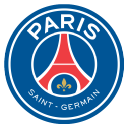
PSG: Both full-back positions needed upgrading
Understandably, PSG’s summer business is being interpreted as risky by some less familiar with the French champions’ peculiarities — mainly the loan addition of attacker Icardi to a troubled dressing room in recent years.
For those well-versed with the Ligue 1 giants’ recent issues, however, arguing that this summer has not been a success is hard. PSG added quality in depth in certain areas and regenerated others, with central midfield getting a long overdue boost through Ander Herrera and Idrissa Gueye‘s arrivals, while restructuring with Keylor Navas, Sergio Rico and Marcin Bulka ends years of farcical goalkeeper uncertainty.
Abdou Diallo brings depth and versatility in defence, while Pablo Sarabia and Icardi give coach Thomas Tuchel options in attack – particularly after Kylian Mbappe and Edinson Cavani‘s recent injuries and the ongoing Neymar saga.
One minor complaint is that both full-back positions have not received greater attention this summer, despite sporting director Leonardo’s efforts to restock, as well as an exodus of homegrown talent.
Overall, though, PSG finish the summer with a very strong squad on paper, particularly after keeping hold of Neymar, and authority over an unruly dressing room finally appears to have been restored through Leonardo’s return at the expense of the inept Antero Henrique. — Jonathan Johnson.
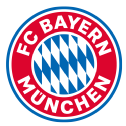
BAYERN MUNICH: A lack of options up front
Bayern spent most of the summer chasing a big money move for Leroy Sane. But once the Manchester City winger sustained a long-term knee injury, the club turned to brilliant loan deals for Philippe Coutinho and Ivan Perisic, two experienced internationals to fill the gaps left by Arjen Robben and Franck Ribery.
There was a changing of the guard at the back as the arrival of France’s 2018 World Cup winners Lucas Hernandez and Benjamin Pavard replaced Mats Hummels, who returned to Dortmund, and Jerome Boateng, who has dropped down the pecking order. While Michael Cuisance came in to take the place of the ineffectual Renato Sanches, sold to Lille, in midfield.
Bayern have added some depth in the middle of the park, however they are still too reliant on Robert Lewandowski. The 31-year-old is Bayern’s most important player and is indispensable up top. He already has six goals in three league games and, with only 19-year-old Fiete Arp joining as his backup from Hamburg, he is still without any competition. They’ll probably have enough to claim another Bundesliga title but any long-term injury for the Pole could serve as a major blow to Bayern’s hopes of winning the Champions League.
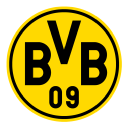
BORUSSIA DORTMUND: Also lack of options up front
Dortmund stormed out of the blocks and took an early lead in the transfer market to sign Germany internationals Nico Schulz and Julian Brandt, as well as Belgium international Thorgan Hazard, right after the end of the season.
They also re-signed Mats Hummels from Bayern Munich but, with focus shifting to offloading high-earning fringe players such as Andre Schurrle, Maximilian Philipp, Shinji Kagawa and Omer Toprak, Dortmund roughly invested some €130m (which included Paco Alcacer‘s permanent transfer from Barcelona) and just about broke even if you add Christian Pulisic‘s €64m move to Chelsea in January.
Yet despite adding quality and reducing squad numbers, Dortmund still have a few things to work on. In Alcacer and Mario Gotze, BVB have two attackers who aren’t a No. 9. Coach Lucien Favre has said he does not need a target man in the box but the lack of alternatives up front could become a major problem.
At right-back, Lukasz Piszczek remains Dortmund’s first-choice. But with age slowly taking its toll, the 34-year-old club legend could become a liability. Real Madrid loanee Achraf Hakimi has yet to show he is mature enough to both defend and attack, while 19-year-old Mateu Morey, who joined on a free from Barcelona, is the future but his start to life at the club has been delayed by a shoulder injury. — Stephan Uerseld.
